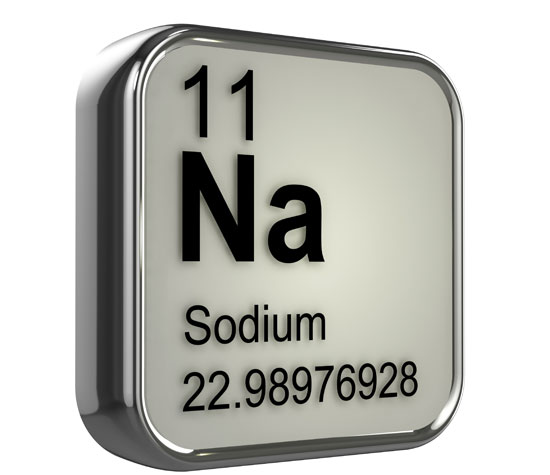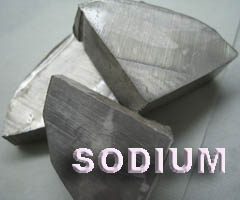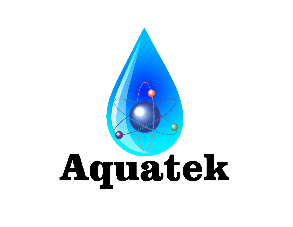Is the sodium in softened water anything to worry about?
Is the sodium in softened water anything to worry about?
Q:
Is the sodium in softened water anything to worry about?
A:
The amounts of sodium in softened water are minuscule compared to other normal dietary sources of sodium. In fact, ion exchange softening of water with 75 grains per gallon of total hardness which, by the way, is very high, would add less sodium to your drinking water than is allowed in beverages that meet the FDA regulations for “Low Sodium” labeling.

Sodium is a common element

Sodium is a common element in the natural environment and is often found in food and drinking-water. In drinking water, sodium can occur naturally or be the result of road salt application, water treatment chemicals or ion-exchange softening units. Sodium is not considered to be toxic. The human body needs sodium in order to maintain blood pressure, control fluid levels and for normal nerve and muscle function.
There is no health-based standard for sodium in drinking water. Only a small portion of the sodium we consume actually comes from water. Instead, the standard for sodium is based on taste. The Canadian Drinking Water Guideline for sodium is 200 mg/L. Sodium concentrations above 200 mg/L will make the water taste “salty”.
Public drinking water systems
Public drinking-water systems under the Safe Drinking Water Act are required to sample for sodium on a regular basis and report to the Medical Officer of Health when sodium levels exceed 20 mg/L. This information is made available to local physicians in order to help persons on sodium-restricted diets control their sodium intake.
In most cases less than 3% of your daily intake of salts, including sodium, comes from water consumption. For those that are on a low sodium diet it is important to consult with your doctor, to determine if sodium intake is a problem for you. Salt made of potassium chloride may be a better option if, your doctor has placed you on a sodium reduced diet. If potassium Chloride salt is not an option for you and you are on a reduced sodium diet, an R/O system will remove the sodium from your drinking water.
If you are on a municipal water source, water quality information for public drinking-water systems can be obtained by contacting your local water utility.
There is a basic method which, will give you a rough calculation of the sodium content of your water. Since, water softeners exchange sodium for hardness through an ion exchange process, sodium content of the processed water is increased but, not much. Using the following method:
Grains per gallon (GPG) of total hardness x 1.89 = mg. of sodium (NA) added to an 8 oz glass of water by a water softener. Then add the known sodium content of your water source and you will have the total sodium content of the water.
Sodium content, due to water softeners, is minuscule as stated previously in this response. Your will find less sodium in water even after a water softener compared to foods. Click the link below to view and download the:
